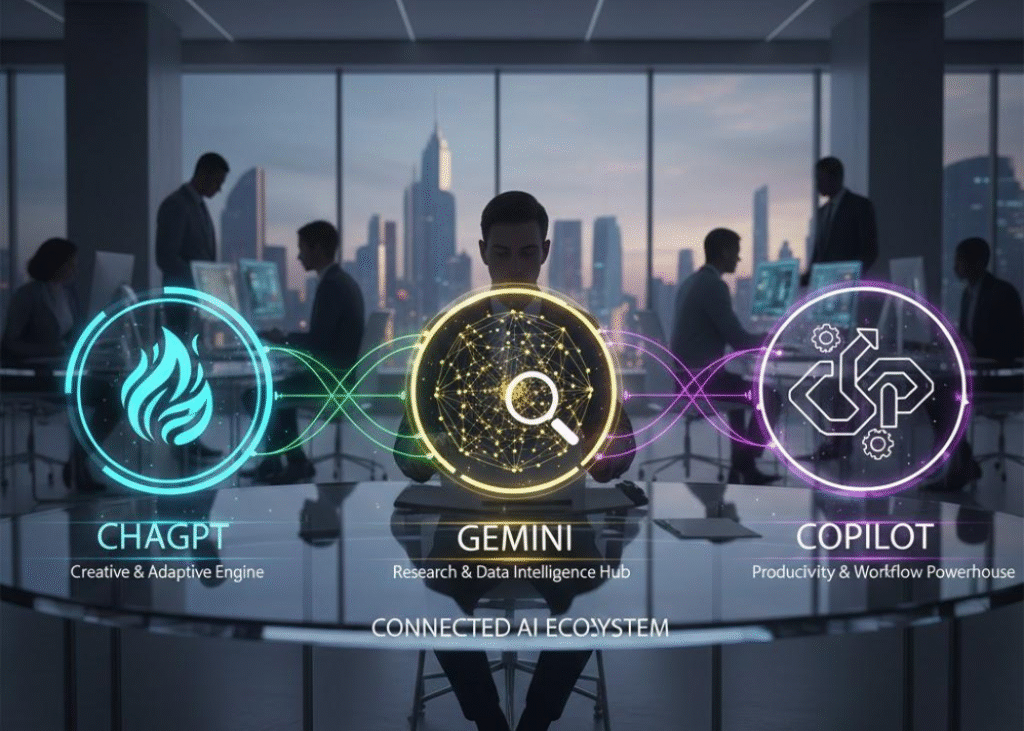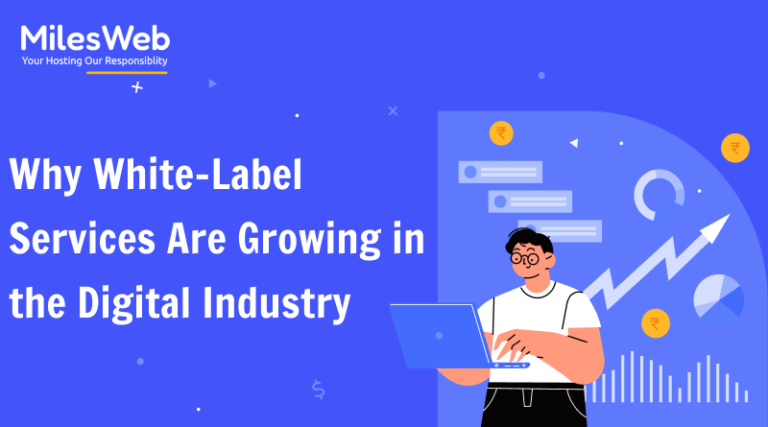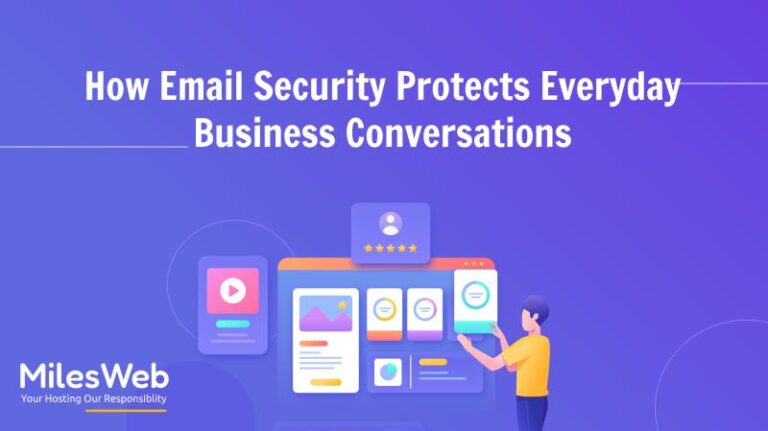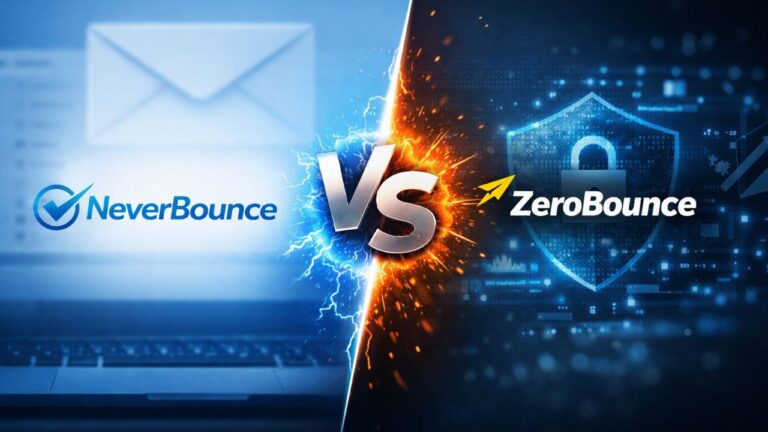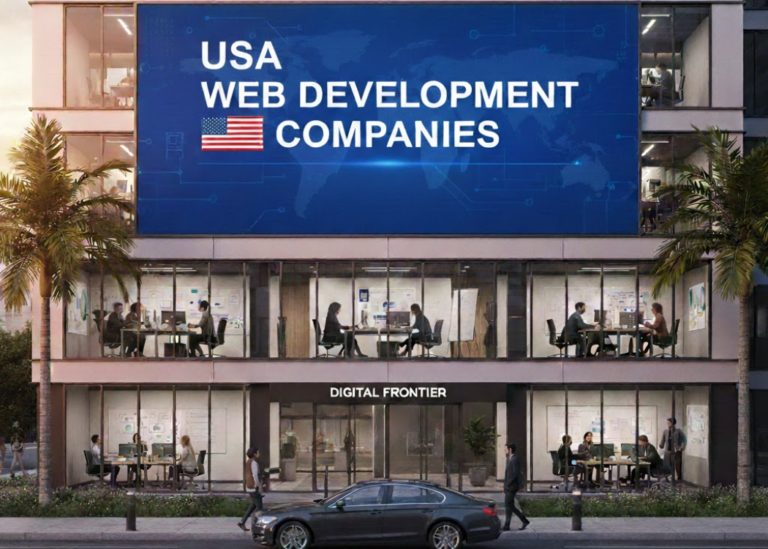Artificial intelligence has changed from a mere buzz to a must-have part of business strategy. AI-powered programs, which range from customer service automation to insight generation and cost saving of operations, are becoming the core of the new age companies.
OpenAI’s ChatGPT, Google’s Gemini, and Microsoft’s Copilot are among the most significant platforms that influence this transformation. These three are different in their foci, design concepts, and partner ecosystems and hence very powerful in isolation.
The query is not about if AI should be employed but rather which AI helper aligns the most with your company’s aims. This article unravels the differences between the trio, what they are good at, and how businesses could use them efficiently.
1. The Evolving Role of AI in Business
Today the businesses are to function faster, use more intelligent decision-making, and at the same time offer every client a personalized experience. AI instruments are a means to the end and they do this by:
- Automating repetitive, low-value tasks
- Generating real-time insights from data
- Supporting creative and analytical decision-making
- Enhancing team productivity and communication
Despite their mission partly overlapping, the companies use different means to achieve it. ChatGPT emphasizes creativity and adaptability, Gemini concentrates on intelligence based on data, and Copilot is all about smooth integration of flow of work into the existing enterprise environment.
2. ChatGPT: The Creative and Adaptive Engine
Overview
ChatGPT by OpenAI is a multipurpose digital assistant that can be used across a multitude of business applications. The technologies behind it, such as conversational intelligence, natural writing capability, and customizable nature, have made it a go-to tool for marketers, entrepreneurs, and creative professionals.
Main Strengths
- Content Creation: Creating articles for blogs, product description, ad copy, emails, and social media content by the AI based on brand voice made easy and fast.
- Automation Capabilities: Uses API or Zapier to connect with HubSpot, Notion, Slack, and WordPress facilitating the smooth flow of work.
- Custom GPTs: Enables companies to build custom assistants trained on internal documents, FAQs, and processes.
- Data Interpretation: Can take a long report, conversation, and data and turn it into a brief extract of insight that can be acted upon.
Deficiencies
- No integration even with MS and Google if no API connection
- For the latest updates, an external browser can be used
Perfect For
The use of AI with high creative output, flexibility, and a possibility of scaling will be a good fit for startups, marketing agencies, and small to medium-sized teams’ AI assistant requirement.
Also Read This :- Grok vs. ChatGPT: Which AI Chatbot Delivers Better Results?
3. Gemini: The Research and Data Intelligence Hub
Overview
Google’s analytical and Contextual AI, Gemini, it is. To a large extent, it relies on Google’s ultra-fast data infrastructure to provide the insights that are the fruits of the most recent information. In other words, it is extremely useful for research and strategic decision-making.
Main Strengths
- Real-Time Knowledge: Gets the latest info by searching Google and looking at News, thus keeping things current and accurate.
- Workspace Integration: Helps users to write, analyze, and report by facilitating work in Google Docs, Sheets, and Gmail.
- SEO and Market Research: Offers targeted marketing via keyword insight, competitor analysis, and utilizing trend data.
- Multimodal Functionality: Accepts input as text, code, or image and hence can be retailed by the creative and technical professional.
Limitations
- Works and functions at its best in the Google Workspace environment
- Creativity-wise generates fewer outputs than ChatGPT
Great For
Companies that have data analytics, research, SEO, or digital marketing as their core business and are mostly working in the Google Workspace environment.
4. Copilot: The Productivity and Workflow Powerhouse
Overview
Microsoft Copilot is built to improve workplace productivity by integrating directly into the Microsoft 365 suite. It acts as a digital colleague that helps create documents, analyze spreadsheets, draft emails, and summarize meetings.
Key Strengths
- Seamless Integration: Embedded in familiar Microsoft tools like Word, Excel, PowerPoint, Outlook, and Teams.
- Security and Compliance: Works within your organization’s Microsoft environment, maintaining privacy and governance standards.
- Efficiency Gains: Automates repetitive work, summarizes reports, and creates presentations or data insights instantly.
- Developer Support: GitHub Copilot assists developers with real-time code suggestions and debugging support.
Limitations
- Restricted flexibility outside the Microsoft ecosystem
- Subscription costs can be higher for large teams
Ideal For
Corporate environments, large enterprises, and technical teams that rely heavily on Microsoft 365.
5. Key Differences Between ChatGPT, Gemini, and Copilot

| Criteria | ChatGPT | Gemini | Copilot |
| Core Purpose | Creativity and conversation | Research and analysis | Productivity and workflow automation |
| Ecosystem | Independent, integrates via API | Google Workspace-based | Microsoft 365-based |
| Data Source | Pre-trained data with API access | Real-time search and Google knowledge graph | Company data stored in Microsoft environment |
| Strengths | Creativity, customization, versatility | Accuracy, real-time data, analytics | Efficiency, automation, security |
| Best Suited For | Marketing, content, startups | Analysts, researchers, SEO professionals | Enterprises, finance, HR, operations |
Each platform has its strengths and limitations, but the right choice depends on your business goals, existing tools, and scalability needs.
Also read this :- Make ChatGPT Smarter: Top Tools and Plugins To Try Now
6. How to Choose the Right AI Tool for Your Business
Step 1: Define Your Goals
- If you want to improve content quality and marketing communication, ChatGPT is ideal.
- If your priority is research, forecasting, or data accuracy, Gemini should be your choice.
- If you aim to boost internal productivity and workflow automation, Copilot offers unmatched integration.
Step 2: Evaluate Integration Requirements
Choose a platform that aligns with your existing environment:
- Google Workspace → Gemini
- Microsoft 365 → Copilot
- Multi-platform operations → ChatGPT
Step 3: Consider Scalability and Compliance
For businesses handling sensitive data, Copilot provides the strongest enterprise security. If your company needs flexibility and rapid scaling, ChatGPT offers the best adaptability. For companies focused on real-time intelligence, Gemini provides the best research capabilities.
7. Implementation Guide
Implementing ChatGPT
- Train a Custom GPT on your internal documentation.
- Automate marketing and communication tasks using tools like Zapier or Make.
- Use ChatGPT API to integrate with CRMs, CMS, or analytics dashboards.
Implementing Gemini
- Enable Gemini in Google Workspace.
- Use Gemini for SEO analysis, research summaries, and report creation.
- Integrate with Google Cloud for data visualization and insights.
Implementing Copilot
- Enable Copilot from Microsoft 365 admin center.
- Use in Teams for automatic meeting summaries and Outlook for email drafting.
- In Excel, use Copilot to generate formulas and analyze datasets.
8. Ethical, Strategic, and Security Considerations
As AI becomes central to business operations, it also brings ethical responsibilities. Companies must ensure transparency, privacy, and accountability in AI usage.
Key Recommendations
- Define a clear AI usage policy.
- Implement human review in automated content and decisions.
- Maintain compliance with global data protection laws like GDPR.
- Provide employee training to prevent misuse or data exposure.
Responsible implementation builds long-term trust and protects brand integrity.
9. The Future of AI in Business
Context-aware, multimodal assistants that not only understand commands but also recognize intent and emotion will be the major factors to define business automation of the future.
In short, we’ll witness:
- Collaborative cross-platform work among assistants such as ChatGPT, Gemini, and Copilot.
- Integrated interfaces blending analytics, content, and automation.
- Further customer experience personalization via adaptive learning.
- A closer relationship between AI and project management, analytics, and customer service tools.
A business that implements these technologies today is likely to keep the lead over its rivals in terms of operational excellence, business agility, and capacity to innovate.
10. Final Verdict
All three platforms, ChatGPT, Gemini, and Copilot, are technologically innovative in different ways, and the question of which one is the absolute winner is not applicable. The decision is made based on factors such as business priorities, existing infrastructure, and use case.
Suppose the main emphasis was on creativity and communication:
ChatGPT can be considered the most adaptable and brand-centric solution of all the choices. The impact it has on content marketing, copywriting, and customer engagement is immense. The way it can be customized across different platforms makes it a long-term creative thinking and personalization asset for businesses.
Suppose the main emphasis was on precision and research:
Gemini is a leader when it comes to accuracy and analytical intelligence. It is a must-have tool for market research, data analysis, and SEO professionals who require up-to-date information and factual reliability. Companies that make decisions based on insights and evidence will benefit greatly from Gemini.
Suppose the main emphasis was on productivity and automation:
Copilot is the one that has the most significant impact in an integrated enterprise environment. The organization of the workflow through automation, the generation of meeting summaries, report making, and compliance verification, are the areas where it is most effective. For organizations utilizing Microsoft 365, it turns out not only to be a mere instrument but also an operational foundation that fosters inter-departmental efficiency.
Strategic Recommendation
Affordable and creatively scalable through the utilization of ChatGPT, small businesses and startups are recommended to begin operations with it.
Data-oriented mid-market companies will derive the most benefit from Gemini because of its analytical prowess.
Structured large companies that must operate in a tightly controlled environment shall find it advantageous to incorporate Copilot for safe automation.
The Takeaway
One cannot help but wonder if the future is not for those companies who can harness the power of all three instead of simply choosing one?
Perhaps an ideal configuration could consist of:
- Using ChatGPT as a tool for marketing and communication
- Employing Gemini for research and analytics
- Utilizing Copilot to boost internal productivity and operations
Together, they form a connected AI ecosystem that helps in extending creativity, intelligence, and efficiency to every corner of your business.
FAQs
Q1. What tool should be used for marketing and content creation?
The one that provides the most inventive and versatile options for the marketing team and content strategists is ChatGPT.
Q2. What tool offers real-time data and analysis?
Gemini, powered by the most advanced search and analytics capabilities of Google, provides excellent accuracy and query resolution in real-time.
Q3. Which assistant is best suited for large corporations?
Microsoft Copilot can be effortlessly integrated with corporate systems and hence it is the most appropriate assistant for the enhancement of corporate productivity and data governance.
Q4. Are businesses allowed to use all three simultaneously?
Certainly, the answer is affirmative. Several organizations adopt these combinations: ChatGPT for creativity, Gemini for depth, and Copilot for operational efficiency. Hence, they leverage the benefits of a well-integrated AI ecosystem.


